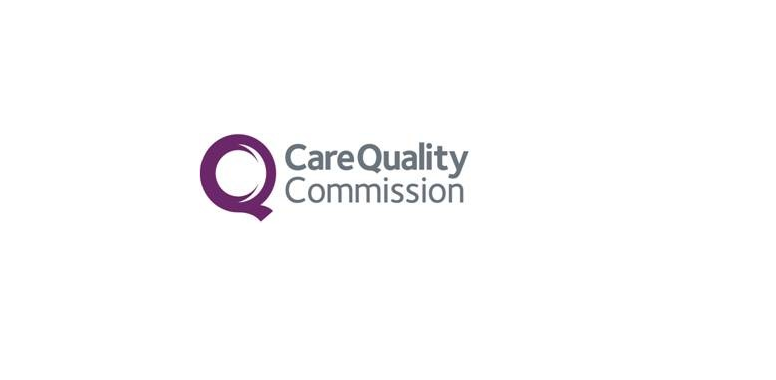The Care Quality Commission (CQC) has rated a Chelmsford alcohol and drug addiction service inadequate and placed it in special measures, after investigators found shortfalls in measures to ensure patient safety due to poor leadership.
The CQC’s inspection of PCP (Perry Clayman Project) Chelmsford, run by PCP (Luton) Limited, in March and April resulted in the service’s rating being moved down from good to inadequate.
It also placed the service being in special measures, and issued a requirement that it obtain written permission from the CQC before admitting patients for medical detoxification.
The CQC revealed its inspectors found PCP Chelmsford’s leaders were detached, did not have a good understanding of the issues the service faced which impaired the quality of care patients received.
It added that patient safety was risked due to medicines not always being prescribed within guidelines and that infection prevention and control was poor as staff did not always use face masks, sanitiser or screen visitors for Covid.
However, inspectors also found patients spoke positively of their interactions with staff, describing these as kind and respectful, and inspectors were assured people’s dignity was being maintained.
Required improvements
Commenting on the enforcement action, Stuart Dunn, CQC head of inspection for mental health and community services, said: “We were not assured PCP Chelmsford was taking all reasonable steps to protect people from avoidable harm.
“Medicines were not always prescribed according to guidelines and basic measures to prevent the spread of Covid-19, such as wearing facemasks and sanitising hands, were not implemented.
“We also found patient records and risk assessments were not comprehensive, making it hard to track patient progress or escalate problems, and gaps in staff training.
“Behind these issues was a lack of oversight from the service’s leaders. They did not have a good grasp of the issues it faced or demonstrate that they had the knowledge and capability to lead effectively.
“However, all the patients we spoke to said staff treated them with kindness and compassion. They also told us staff involved them in decisions about their care.
“We are monitoring the service closely and will take further action to protect people if we are not assured care is being delivered safely.”
As the service is in special measures, it faces another inspection within six months. The CQC warned that if there was insufficient improvement, it would use its enforcement powers further to protect patients from the risk of harm and hold the service’s leaders to account.
PCP response
In response, Perry Clayman, managing director at the Perry Clayman Project, said the service had taken immediate action following the inspection which included the recruitment of a new registered manager to lead the service to replace the previous incumbent, who has stepped down.
An additional quality assurance manager was also recruited to oversee the service’s new IT system aimed at ensuring robust incident and complaint reporting and monitoring of equipment.
But Clayman disputed some of the CQC’s findings.
“Although a patient was prescribed outside of medicine guidelines, the doctor’s decision was correct, the failings being they did not case note the reason why,” he said.
“The Health and Safety Executive for the government investigated Covid-19 compliance two weeks before the CQC visit and confirmed it was satisfied with its findings. CQC is basing its findings that one member of staff was not wearing a mask when entering the building. We have been open during the entire period of lockdown with only one positive Covid-19 test at the care home.
“PCP has been a service provider for over 17 years during which time our inspection reports have been good at this site.
“We found this inspection to be extremely harsh and not a true reflection of the fantastic work we do, however patient safety is always and will continue to remain our priority and the learning from this inspection has been extremely valuable.”
